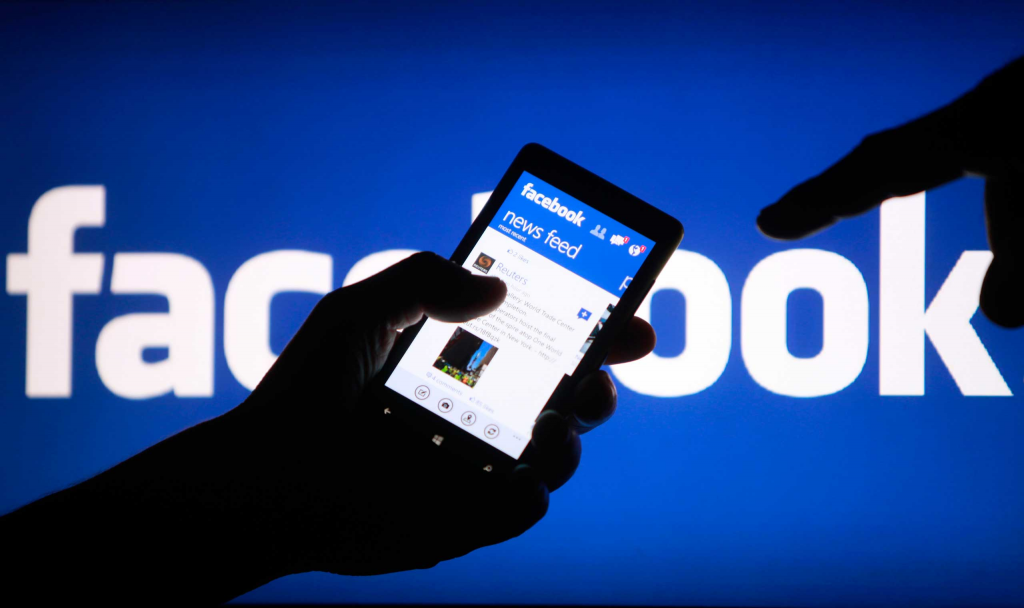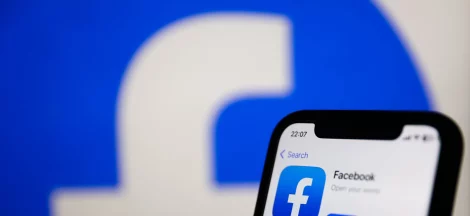There is an old saying, every rise has a fall and it looks like that Facebook might be the next entity to experience the saying. We all know about how popular Facebook is, how it has been able to acquire other huge social media companies like WhatsApp and Instagram, but many feel that Facebook is starting to lose its magic. Today we discuss 7 reasons why we think Facebook’s downfall has begun.
While there is no denying that Facebook is still the most popular social network, new trends suggest that teenagers are really not adopting it as Millennials and Generation X did. Teenagers prefer Snapchat and Instagram over Facebook. The reason, Facebook is too texty and the community there is not their age. In fact, a report by e-Marketer published back in 2017 saw Facebook losing 1.4 million users from the 12-17 year demographic.
Facebook was initially designed to connect people, but now it feels as if it is more about influencing people than about connecting them. Here are seven reasons why we think Facebook’s downfall might have begun:
1. Facebook is more about news and ads than about friends
The first is that more news agencies are using Facebook to provide “News”. It is good to see what is going around in the world every now and then, but Facebook is only filled with news articles these days. From pages you’ve liked to personalized ads, all you see is an endless scroller displaying news about things that at times you have no interest in. Earlier this year, Facebook even acknowledged this and said that it would rework how content is presented to you and that it would give your friends more precedence, but in its current state, it doesn’t feel personal anymore.
2. Yes, fake news is still a problem
Another problem related to news is “fake news”. The term fake news has seen its popularity skyrocket in recent months thanks to American President Donald Trump. But, there is no denying to the fact that fake news does exist. The situation has gotten so dire that it has become difficult to tell what is fake and what is not. Millions have been affected by fake news. Facebook understands the situation and even set up teams to combat the fake news problem. In fact, back in October, they removed over 800 accounts spreading fake news. They have even introduced ‘Hunt for False News’ to make people more aware of the content they see.
3. Facebook performed psychological experiments on its users
This one is scary. Did you know that Facebook performed psychological experiments on its users? YES, they did that! Back in 2012, Facebook experimented with over 700,000 of its users and published the paper in National Academy of Sciences. The idea was to test how people would react when a small percentage of emotional words were hidden from their news feed. It did spark outrage as it was done without permission and Facebook even apologized for it later. But Facebook still uses targeted advertising, so who knows they might be doing the same nowadays too.
4. People use it to influence others in unethical ways
And that brings us to our next point, people have repeatedly used Facebook to influence users. We all know about the Cambridge Analytica scandal. For those who are not aware of the scandal, here’s a brief summary: a software company called Cambridge Analytica used Facebook to access information about people and then targeted them with personalized ads to change their perception about the American elections.
This was not the only case, it is believed that Cambridge Analytica has also influenced elections in India, Kenya and many more. It is believed that they even influenced the Brexit vote. Companies are using Facebook to manipulate people and users didn’t even know about that. Political parties now look towards similar services to mold results to their likings.
Facebook has lost $120 billion in market value after the Cambridge Analytica scandal. Many social media companies would have shut down after such a blow. It is believed that Cambridge Analytica affected around 87 million people!
5. They have failed to protect their users, repeatedly
A similar scenario is Facebook consistently failing to protect its users’ data. Back in September, over 50 million users had their accounts compromised after a massive breach. Just this month, Facebook revealed that 6.8 million people had their private photos stolen in a new leak. Yes, we understand that Facebook is a huge network and that it is constantly being targeted by all sorts of hackers, but Facebook has a responsibility. If these attacks continue, how long will people trust them? How long will they ignore these incidents before they call quits? Many have already deleted their account and many are considering.
6. It is just not trustworthy anymore
While outside services and hackers are bad, it gets particularly dangerous when Facebook is itself involved in sharing user data. A report published just a few days back states that Facebook has been sharing our personal data with many companies including Apple, Spotify, and Netflix. In some cases, even companies were not aware that they had special access. The personal data includes personal messages and much more. While Facebook has since come out with a statement saying that users granted permission to these services before their accounts were accessed, but judging by the community response, one would assume that not a lot of people were fully aware of what permissions they were giving to these companies.
7. Facebook is no longer about connecting people but more about retaining its monopoly
The last and the most important point is that Facebook is no more what it once was. It no longer cares about connecting the students in dorms but it’s about how every person can be squeezed to yield maximum revenue. This change in attitude is quite apparent.
Facebook has stopped innovating and started running in the monopoly marathon. Rather than focusing on what users want, they have started adding things that they believe users will use more and will generate them revenue. From their unethical usage of private data to their desperate attempts at copying Snapchat, Facebook has failed to understand that they can still be relevant by providing a unique experience. For example, Instagram, WhatsApp, and Facebook Messenger, all have stories similar to the ones found on Snapchat.
The problem here is that stories are a good feature, but they offer nothing unique. For the most part, moving between WhatsApp, Facebook Messenger, and Instagram feels as if stories just get a paint job and that’s it. Yes, Facebook needs to make revenue and yes, they need to not just retain but expand their customer base, but it is quite clear that their current strategy is just driving away their most important asset; their users. At the moment, Facebook looks so greedy for users and maintaining its monopoly that it is making nothing exclusive to WhatsApp and Instagram which are both owned by Facebook!
Conclusion
While these factors explain why Facebook has been facing such criticism lately, to say that Facebook is going to die anytime soon is a stretch. Out of the world’s 7.7 billion population, 2.27 billion people (yes billion!) use Facebook. That’s around 30% of all the people in the world! So for such a service to die, or become irrelevant, it would take a long time. However, the problems mentioned above are of a serious nature, and Facebook has already started finding a fix for many of them. What remains now is for them to implement the fix before the dying process speeds up and they enter a point of no return.






 A man traveled over 500 miles to bring Zimbabwe on Street View
A man traveled over 500 miles to bring Zimbabwe on Street View